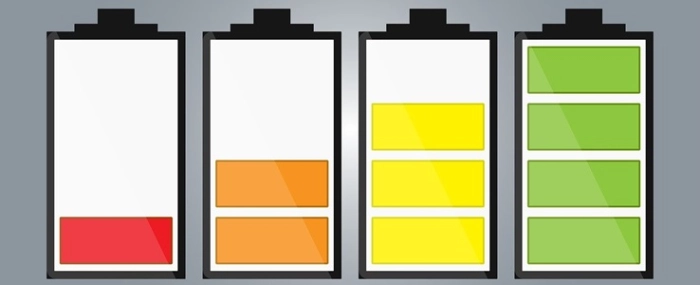
India mulls $1.1 billion plan to boost EV battery production
The scheme aims to support the domestic manufacturing of key components such as electrodes, anodes, cathodes, electrolytes and copper foil that require heavy capital investment and R&D.
The Indian government is reportedly considering a ₹90 billion (nearly USD 1.1 billion) initiative to boost the domestic production of crucial battery components for electric vehicles (EVs) and clean energy systems.
The Ministry of Heavy Industries is spearheading the initiative, and consultations with stakeholders are ongoing, according to a report in the Mint business newspaper.
The scheme aims to support the domestic manufacturing of key components such as electrodes, anodes, cathodes, electrolytes and copper foil that require heavy capital investment and R&D.
Companies like Reliance Industries, Hindalco and Ola Electric have been part of initial discussions, the Mint report says.
If taken forward, the initiative could attract significant investment, reduce India’s dependency on battery imports, and position the country as a leader in battery production.
Localising battery production could also bring down EV prices, and aligns with India’s broader ambitions in the green hydrogen and electrolyser manufacturing sectors.
Currently, China dominates the global supply chain of battery components.
The Indian EV market is projected to increase from USD 34.8 billion in 2024 to USD 120 billion by 2030, with batteries boosting advancements in EVs and renewable energy storage, according to industry experts.
Currently, there are 3 million electric vehicles registered in India, with two-wheelers making up 56% of total sales. In 2023-24 there was a 45% increase in sales of EVs.
According to a recent report by Reuters, the Indian government plans to expand EV incentives to carmakers building models at existing plants in the country, instead of limiting the benefits to automakers willing to build new plants.
India’s EV policy was initially meant to encourage Elon Musk’s Tesla to enter the market and manufacture locally, but the US automaker backed off this year.
However, other automakers have shown interest in making EVs in India, and the government hopes that changes to the EV policy will encourage investment from global players like Toyota and Hyundai.



